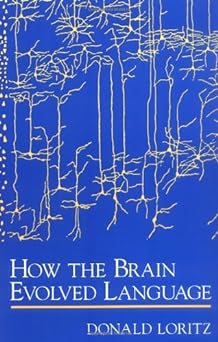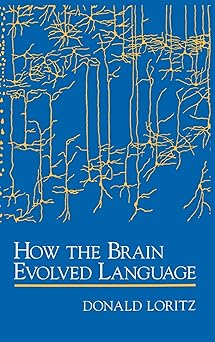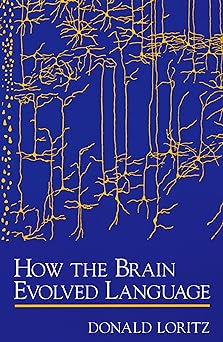
How the Brain Evolved Language (PDF/EPUB Version)
$18.99
Description
How can an infinite number of sentences be generated from one human mind? How did language evolve in apes? In this book Donald Loritz addresses these and other fundamental and vexing questions about language, cognition, and the human brain. He starts by tracing how evolution and natural adaptation selected certain features of the brain to perform communication functions, then shows how those features developed into designs for human language. The result — what Loritz calls an adaptive grammar — gives a unified explanation of language in the brain and contradicts directly (and controversially) the theory of innateness proposed by, among others, Chomsky and Pinker.
eBook features:
- Highlight, take notes, and search in the book






_2ldxzslmdp.jpg)
_jqegejqbka.jpg)
_d6yhvb7jjx.jpg)






_hbpbqeiots.jpg)
_idmgqlrt91.jpg)




_ks1bb9fllq.jpg)
_md1sivs3ar.jpg)